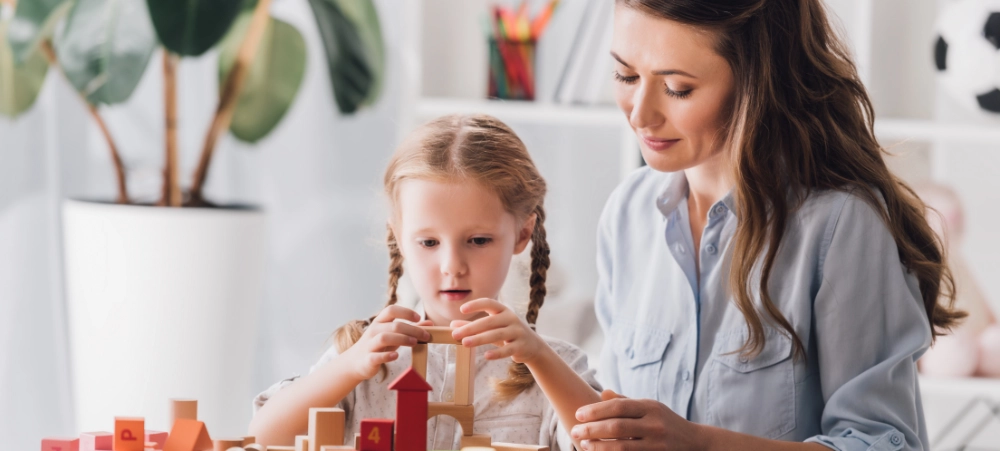There are many reasons why children develop anxiety. From genetics to traumatic events, personality types that are prone to it or natural fears that have deepened. However, it is important to remember that if your child suffers from anxiety, they may not have it for the rest of their lives, and it is a condition that can be managed. Here are signs to look out for to spot anxiety in your child.
Unusual tantrums may be anxiety.
If your toddler has started throwing temper tantrums and showing disruptive behaviour – these may stem from them being anxious about something. If the tantrums aren’t associated with tiredness, and come about in specific situations, try to take a step back and see if there is something about that scenario that could be overly stressful to your child. Young toddlers often can’t communicate their fears and emotions, so they act out instead.
Avoiding situations
Have you noticed your young child hiding behind your legs whenever you are in a new place or doing everything, they can not to go to school every day? While both of these situations can be absolutely normal reactions, if you find it persists and becomes more intense, your child may be suffering from anxiety.
Sleep disruptions
If your child suddenly battles to sleep through the night, and you find them tossing and turning when they didn’t before – this could be caused by anxiety. Just like adults who suffer from anxiety battle to sleep, so too can affect your child’s sleep.
Physical signs
If your toddler or young child often complains of things like tummy aches or a sore head, however, doctors have said that there is nothing wrong; this could be a sign of anxiety. And they aren’t pretending. The stress that anxiety can cause their bodies can induce these psychosomatic symptoms.
The difference between being anxious and a disorder
Everyone has moments when they feel anxious. This doesn’t necessarily mean you are suffering from an anxiety disorder. In actual fact, anxiety in the form of fears can be good for our children – it is our brain’s way of telling us something may be dangerous. When usual fears and stress start to become debilitating and stops your child from doing everyday things – this is when they may be dealing with an anxiety disorder.
What you can do to help
Not all of the above signs mean your child has anxiety – however, if you spot more than one on a regular basis, the best bet would be to take your child to their doctor and let them know your concerns.
- My toddler has a short attention span – is he hyperactive? - November 27, 2025
- Routines are they really necessary - November 26, 2025
- Why do I need to stimulate my baby from a young age - November 25, 2025





